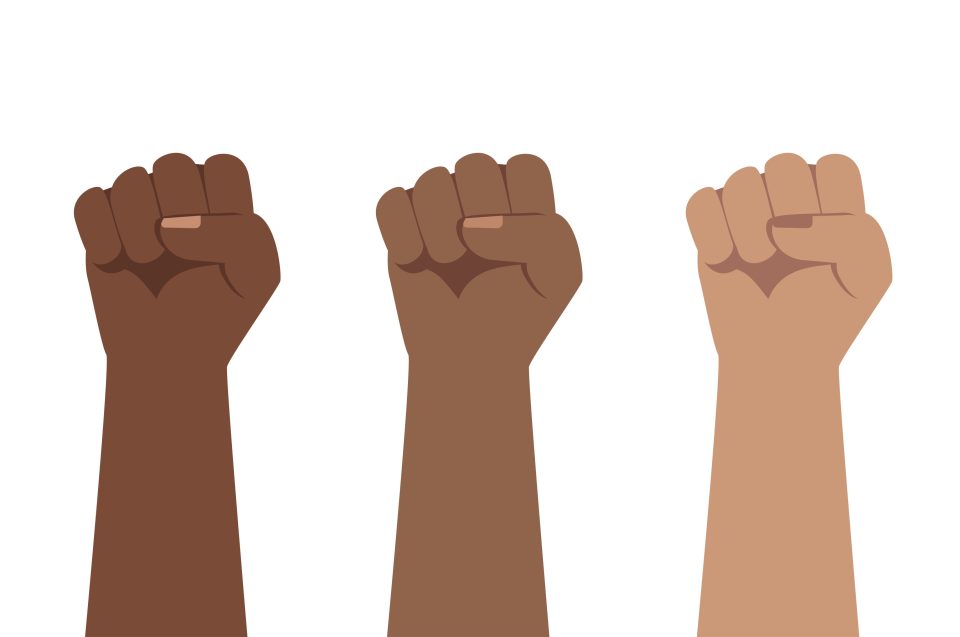
February is Black History Month, a time to celebrate the brilliance and achievements of our forbears and their indelible contributions to America.
The birth of Black History Month began in 1915, half a century after the Thirteenth Amendment abolished slavery in the United States. That September, historian Carter G. Woodson and Minister Jesse E. Moorland founded the Association for the Study of Negro Life and History, an organization dedicated to researching and promoting achievements by Black Americans and other peoples of African descent. The organization sponsored a national Negro History week in February 1926, choosing the second week of February, which later grew into the celebration now called Black History Month.
Woodson selected February because it is the birth month of two great Americans who played a prominent role in shaping Black history, Abraham Lincoln and Frederick Douglass, whose birthdays are the 12th and the 14th, respectively. Woodson’s intentions for Negro History Week were to expand the study of Black history in schools and to celebrate Black history publicly.
According to the Library of Congress, in 1986, Congress designated February as “National Black (Afro-American) History Month.” This law noted that Feb. 1, 1986, would “mark the beginning of the 60th annual public and private salute to Black History.”
















